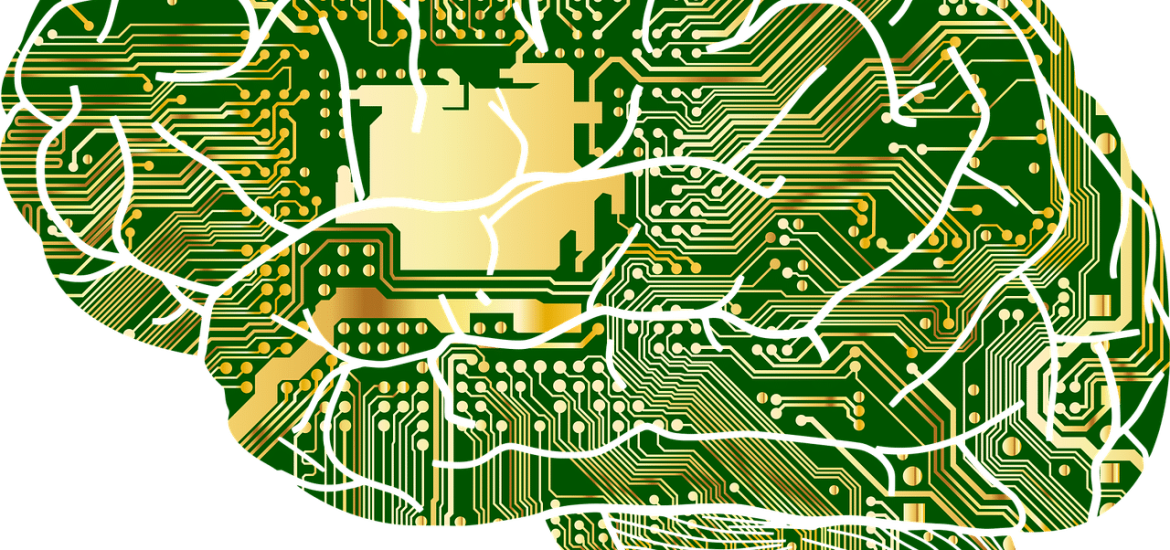
Jürgen Rüttgers, Germany’s former science and technology minister, urged the European Commission to increase investment in artificial intelligence (AI) and cybersecurity research in order to compete with the United States and China, according to Science Business.
Rüttgers served in the cabinet of former Chancellor Helmut Kohl from 1994 to 1998, and now leads an advisory group that reports to the European Commission. The group, which includes 13 others from fields including research, industry, and finance, examined expanding industrial research in the EU’s next research and innovation programme, known as Framework Programme 9.
The group’s work is among several reports the commission requested from select groups of expert advisors as it plans Framework Programme 9, which is set to start in 2021 and run through 2027. The reports will help the commission make difficult decisions as it prepares to publish its long-term budget plans by the end of May. Other advisory groups have been studying the EU’s support for innovation in areas including private-public financing mechanisms, fast-growing small companies, fundamental science, and the economics of research and innovation.
US companies currently dominate in artificial intelligence, with China following close behind. China is investing significantly in AI, and has said it will become the world’s leader in the field by 2030.
“We are very strong in [the AI] field, and we don’t always see that we are strong,” Rüttgers said in an interview with Science Business. “China is very strong and is making a serious effort. But I don’t believe it is impossible for Europe [to match it].”
Rüttgers and the other members of his advisory group have called on the EU to work at developing new “security and connectivity” technologies for businesses as part of the commission’s Key Enabling Technologies (KET) programme. These technologies would include added protection from hacking or other privacy violations, which is of growing importance as an increasing number of factories, products, and services come online.
This is important from both a political and industrial perspective, Rüttgers said. “We want the KETs to be a real growth from the base of our democracy, our European values, and our view of our way of life here in Europe.”
Currently, the EU’s Horizon 2020 research programme prioritises six KETs. Selected in 2009, the technologies include: micro and nanoelectronics; nanotechnology; industrial biotechnology; advanced materials; photonics; and advanced manufacturing technologies. The commission currently invests €6.6 billion in these areas, which comprises 8.5% of the Horizon 2020 budget.
Rüttgers said that overall the EU “has identified the correct fields to invest in” for its current KETs programme. However, he and the advisory group recommend the commission also give attention to new ideas in Framework Programme 9. For example, he said the commission should set aside funding specifically for artificial intelligence, as well as security and connectivity. Rüttgers also suggested expanding the current biotechnology KET to incorporate life sciences technologies in addition to industrial biotechnology.
Rüttgers and his advisory board are not the only ones who have called on the EU to invest more in the development of artificial intelligence and related technologies. After China announced a major plan on AI last summer, Andrus Ansip, the commission’s vice president for the digital single market, tweeted “Europe needs to play bigger role AI, invest more.”
France and Germany have also urged the EU to increase investment in AI technologies, with both countries pledging to help further innovation.
The advisory group will publish their report on 23 February at a commission-organised conference in Brussels.